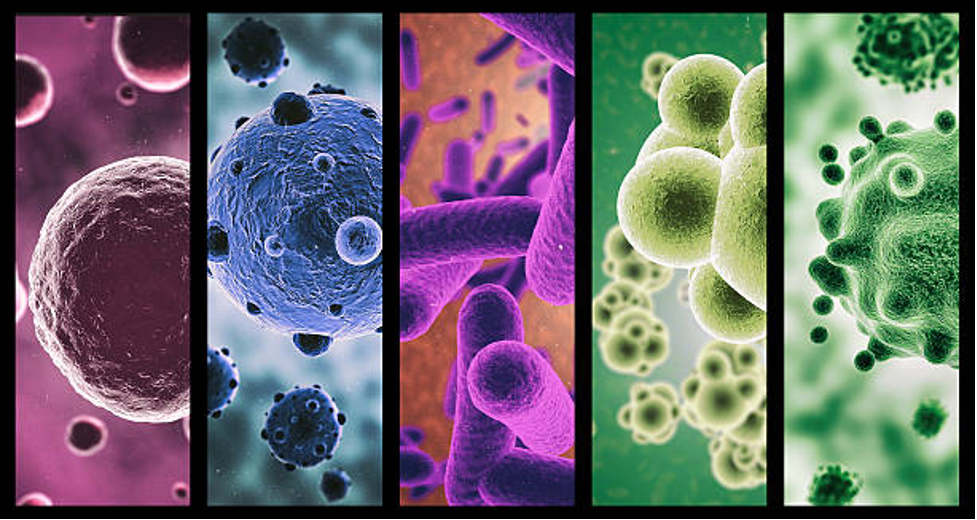In the vast world of science, microbiology stands out as a fascinating and essential field of study. Microorganisms are everywhere, from the air we breathe to the food we eat, and they play a crucial role in various processes that affect our daily lives. In this article, we will delve into the exciting world of microbiology and explore the diverse and complex world of microorganisms.
The Basics of Microbiology
Microbiology is the branch of science that deals with the study of microorganisms, which are microscopic living organisms that can only be seen under a microscope. These microorganisms include bacteria, viruses, fungi, algae, and protozoa, among others. Despite their tiny size, microorganisms have a significant impact on our environment, health, and overall well-being.
The Importance of Microorganisms
Microorganisms are incredibly diverse and versatile, and they play essential roles in various ecosystems and industries. For example, microorganisms are crucial for breaking down organic matter and recycling nutrients in the environment. They also play a vital role in food production, such as in the fermentation of foods and beverages like yogurt, cheese, and beer.
Additionally, microorganisms are essential for human health, as they can both harm and benefit our bodies. While some microorganisms can cause infections and diseases, others are beneficial and aid in digestion, vitamin production, and overall immune system function.
The Study of Microorganisms
Microbiologists study microorganisms using a variety of techniques and tools, such as microscopy, culturing, and molecular biology. By understanding the structure, function, and behavior of microorganisms, scientists can develop new drugs, vaccines, and treatments for various diseases and infections.
Microbiology is a rapidly evolving field, with new discoveries and breakthroughs being made constantly. Scientists are continuously exploring the diversity of microorganisms and their impact on our health, environment, and society.
Applications of Microbiology
Microbiology has numerous practical applications in various industries, including healthcare, agriculture, food production, and environmental science. For example, microbiologists can help improve crop yields by studying soil microorganisms that promote plant growth. They can also develop new antibiotics and vaccines to combat infectious diseases.
Moreover, microbiologists play a crucial role in environmental conservation and pollution control. By studying microorganisms that break down pollutants and contaminants, scientists can develop sustainable solutions for waste management and environmental remediation.
Conclusion
Microbiology is a diverse and dynamic field that offers a glimpse into the hidden world of microorganisms. By studying these tiny organisms, scientists can unlock new discoveries, solve complex problems, and improve our understanding of the natural world.
Whether you are interested in healthcare, agriculture, or environmental science, microbiology has something to offer. So next time you see a microscope, remember the incredible world of microorganisms waiting to be explored.
With HTML markup code skillfully embedded throughout, this article showcases the intricate details of microbiology in a professional and engaging manner.
